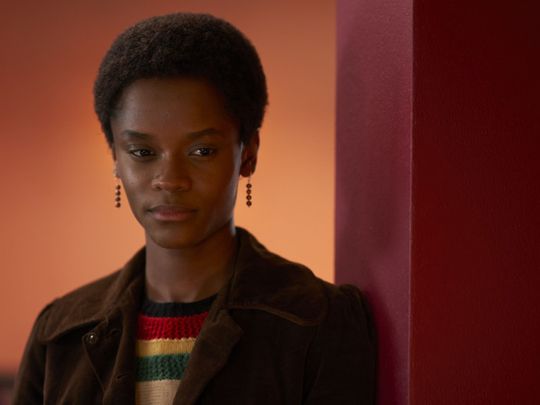Letitia Wright broke onto the international stage with her performance as Shuri, the spirited, no-nonsense princess of Wakanda in ‘Black Panther’.
Four years later, Wright channels similar characteristics to play Altheia Jones-LeCointe, a leader of the British Black Panther movement, in Steve McQueen’s ‘Mangrove’, the first feature-length instalment in his anthology series ‘Small Axe’ on Amazon Prime Video.
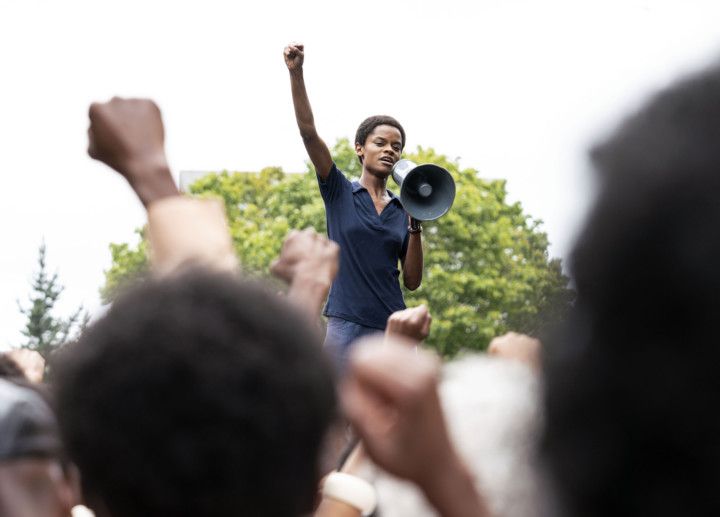
Image Credit: AP
Jones-LeCointe left Trinidad in 1965 to study for a doctorate in biochemistry at University College London, then became involved in anti-racist activism and education before helping to shape the British Black Panthers. In “Mangrove,” Wright’s Jones-LeCointe is a fierce agent of self-determination and political engagement.
The five films in ‘Small Axe’, all directed by McQueen, explore various aspects of London’s West Indian community, set between the late 1960s and the mid-1980s. ‘Mangrove’ focuses on the 1971 trial of a group of nine Black activists accused of inciting a riot during a protest against the targeted police harassment of patrons at The Mangrove, a Caribbean restaurant in the Notting Hill district of West London. Several defendants — including Jones-LeCointe — represented themselves in court, and they beat the rioting charge.
In a phone interview, Wright discussed her introduction to the ‘Small Axe’ project, the layered nature of racism in British society and the importance of telling stories about Black life in Britain on a grand scale. These are edited excerpts from that conversation.
How did you first come to be involved in ‘Small Axe’?
In 2015, I saw a listing on IMDb for an upcoming project that would look at the lives of the Caribbean community in England. I thought, “Wow, this is me!” I’m from Guyana. [Wright was born in Georgetown, and moved to London at the age of 7.] Geographically it’s in South America, but our culture is very influenced by the Caribbean, and we are considered Caribbean. I asked my agent to keep track of it, and thank God she did.
In 2018 I was on holiday in Trinidad and Tobago, and I got an email saying that Steve McQueen and Gary [Davy, casting director] wanted to meet me about what was now titled ‘Small Axe’. I was like, “Wow, cool, so they still making it!”
I know Steve is a great artist, but I wanted to pick his brain a bit. Why this story, why now? He said: “The window for our elders’ stories to be told is closing. We can’t allow them to pass away and become our ancestors without them seeing themselves, their culture and everything they’ve contributed to the country represented on-screen.” I was sold, so, at the end of the meeting, I said “When do I audition?” He looked at me, then at Gary, and said: “You just did your audition. It was all the work you’ve been doing and creating in the world.” He trusted me from the get go, and I will always keep that experience very dear to me.
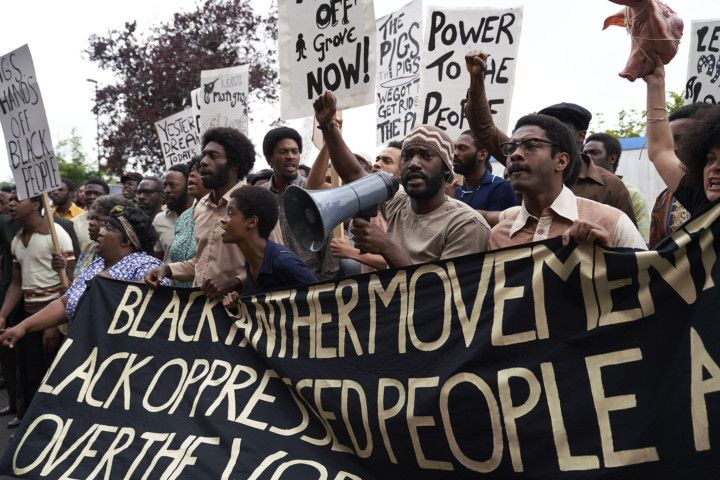
Image Credit: AP
How much did you know about the Mangrove story coming into the project?
I grew up with my dad giving me books about Egypt, teaching me about African kings and queens and Mansa Musa, and educating me that, as a people, we weren’t slaves but we were slaved. But, strangely enough, I didn’t know about the different aspects of our history in Britain.
So I did a bunch of digging. Some of it, about our culture, was beautiful to find. But some of it was heart-wrenching, I couldn’t sleep at night. I read about the New Cross Fire of 1981 and the kids that died there. Even before Stephen Lawrence [a Black teenager who was murdered in a racially motivated attack in London in 1993], there were lots of names that came up in my research of Black men who were just walking home, and they ended up dead or dead in custody. I’m so used to researching about America, and my heart is always pained in that way. But the British stuff was like: damn, I’m here, on the ground, and it’s so hidden. It’s not talked about, it’s an undercurrent of our existence, and it was shocking to me. But it fuelled me to be able to know what I was standing for, and why I was doing the project.
Did you meet Jones-LeCointe in preparation for the role?
I met her, and I made it very clear that I didn’t want to her, I wanted to represent her spirit: the spirit of a young Black woman who came to Britain at the age of 19 to study biochemistry, and had to deal with her teachers telling her that she came from monkeys. We would talk about the history of the UK, why her fellow activists did what they did, and why they were standing up for people.
We just sat there and held hands and cried. She said: “We were all about organising the people, and do you see what’s happened when we haven’t organised? Look at where we are now.”
Hearing her say that, as an elder, is a little bit heartbreaking, because she expected more from us as young people, to organise and have a proper community. We still love and care about each other today, but there’s a little bit of a separation there.
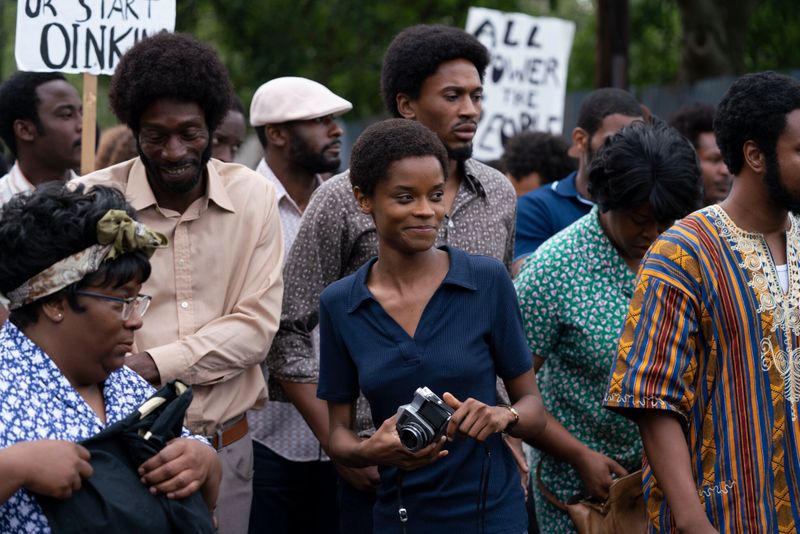
There’s been at least one occasion where the role of Black women in the British Black Power movement has been minimised in on-screen portrayals. How important was it for you to have Jones-LeCointe front and Centre in this telling of the Mangrove story?
It was extremely important. As Black women we’ve always been a part of history in every sector, but these achievements have been overlooked. So with Steve bringing stories like the Mangrove Nine to the forefront, and focusing on Black women like Altheia and Barbara Beese [another member of the Mangrove Nine], it’s honourable and beautiful. It’s much needed because it shows young Black women where we’ve been, where we are and where we need to go, and how we need to continue to grow and develop.
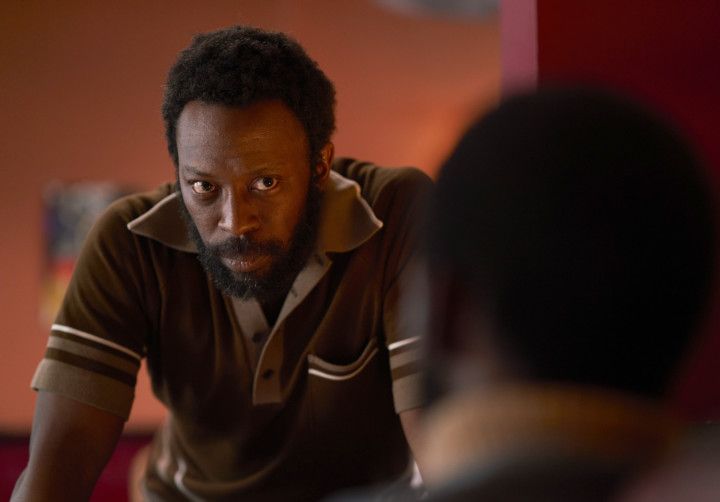
Image Credit: AP
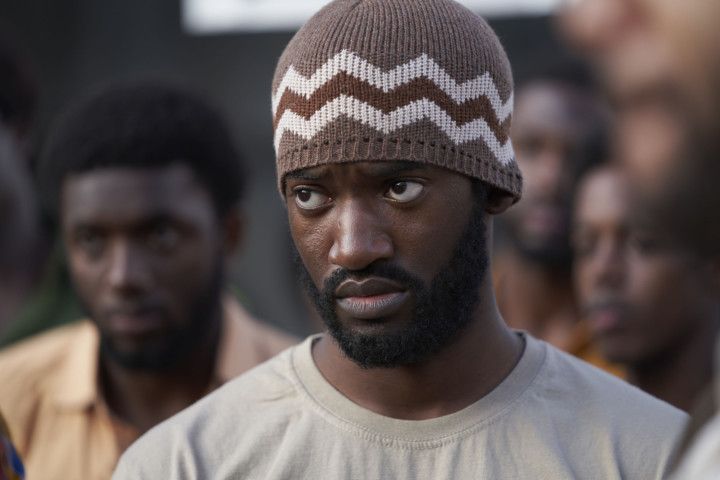
Image Credit: AP
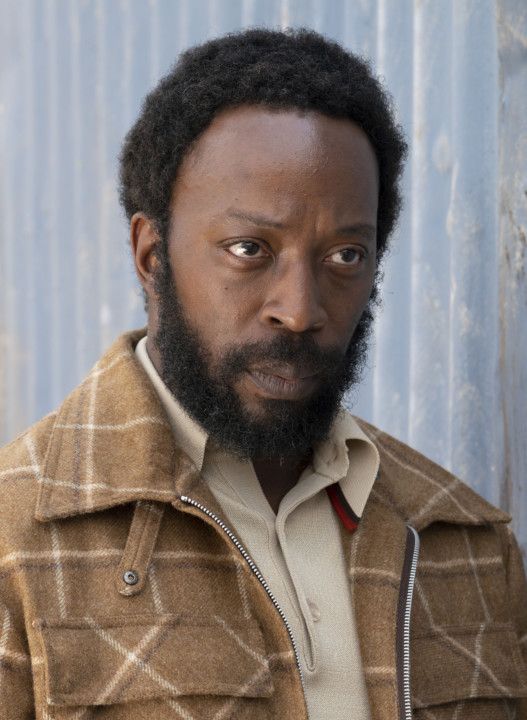
Image Credit: AP
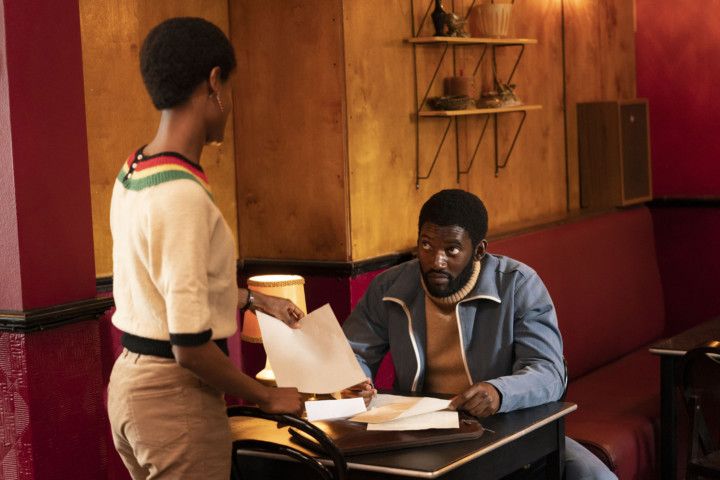
Image Credit: AP

